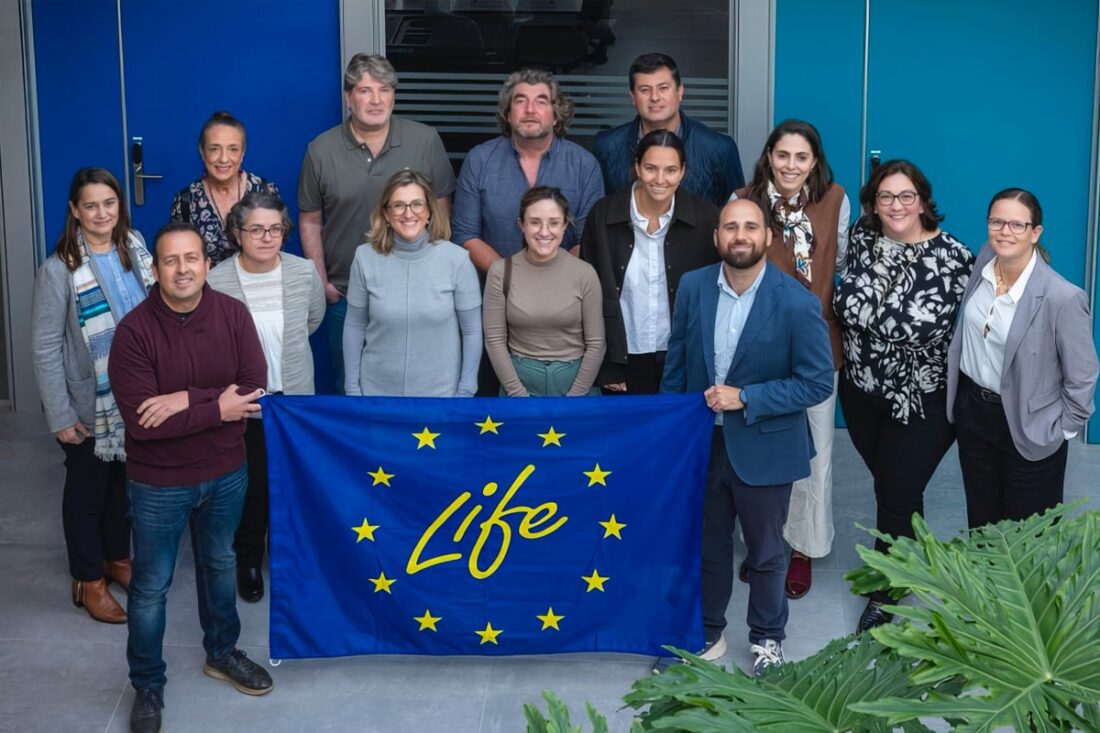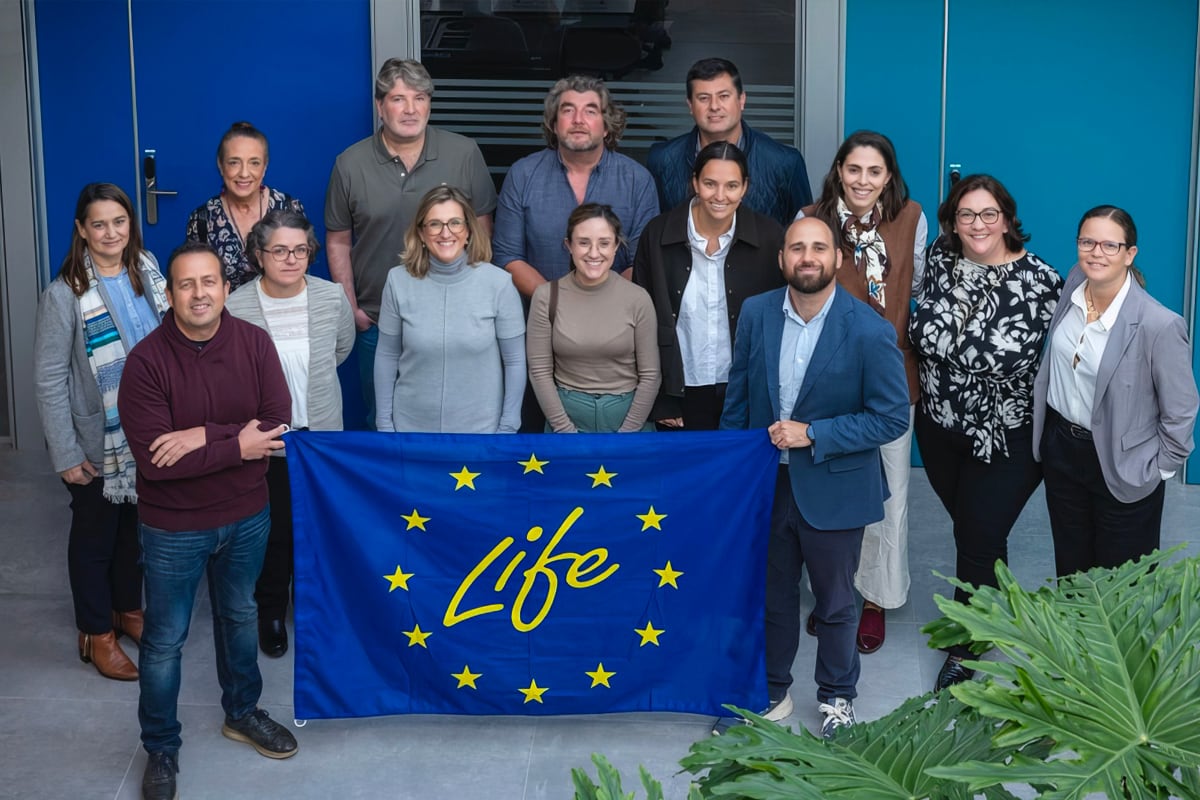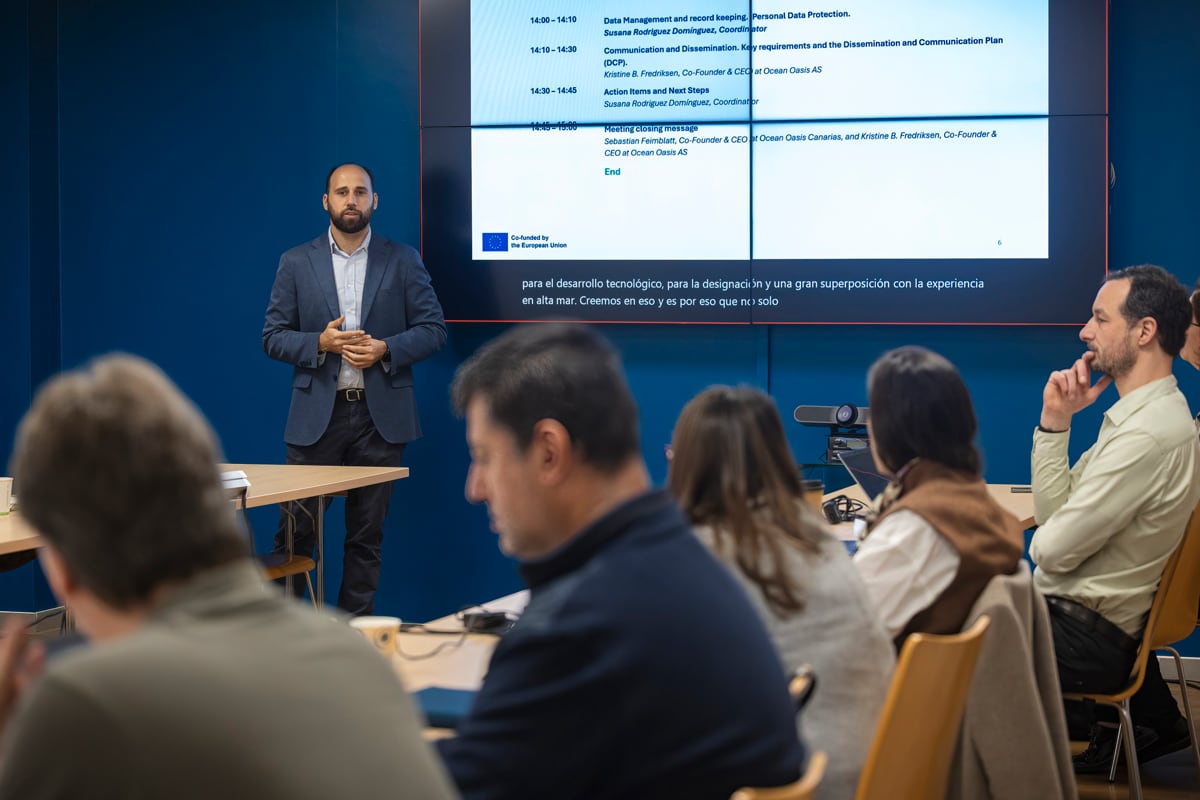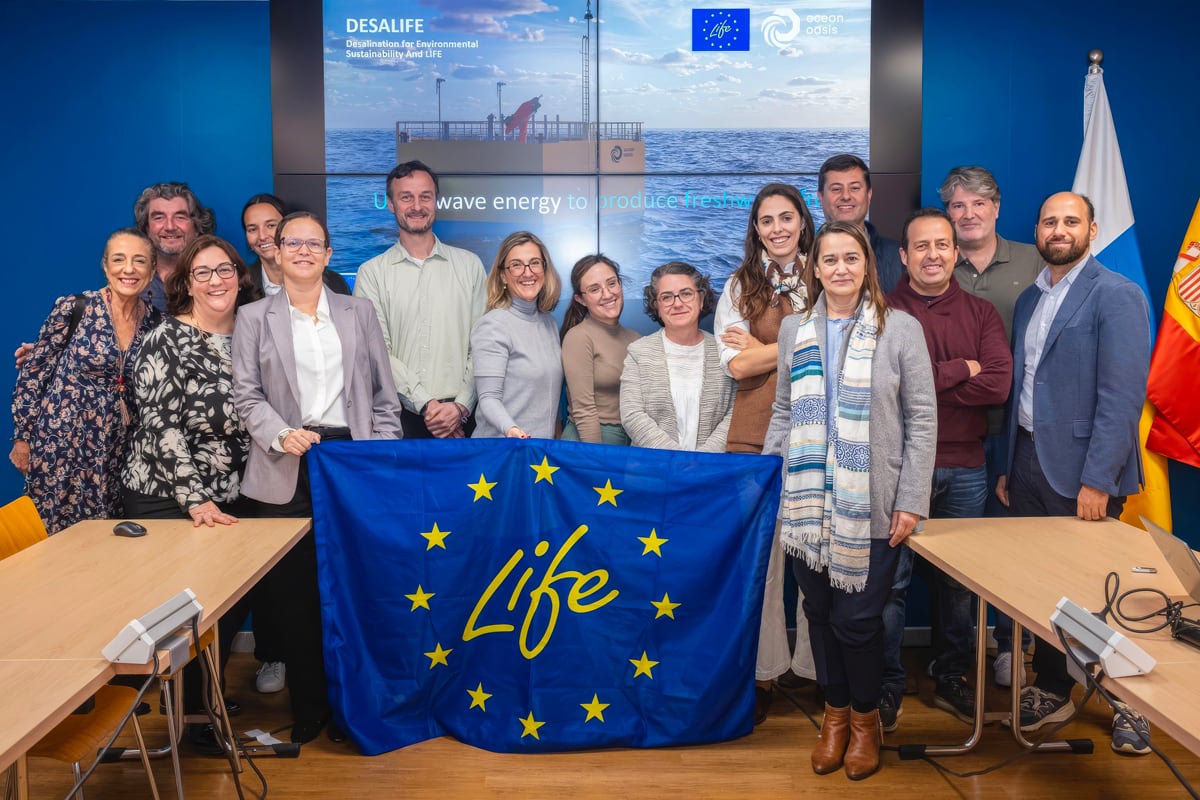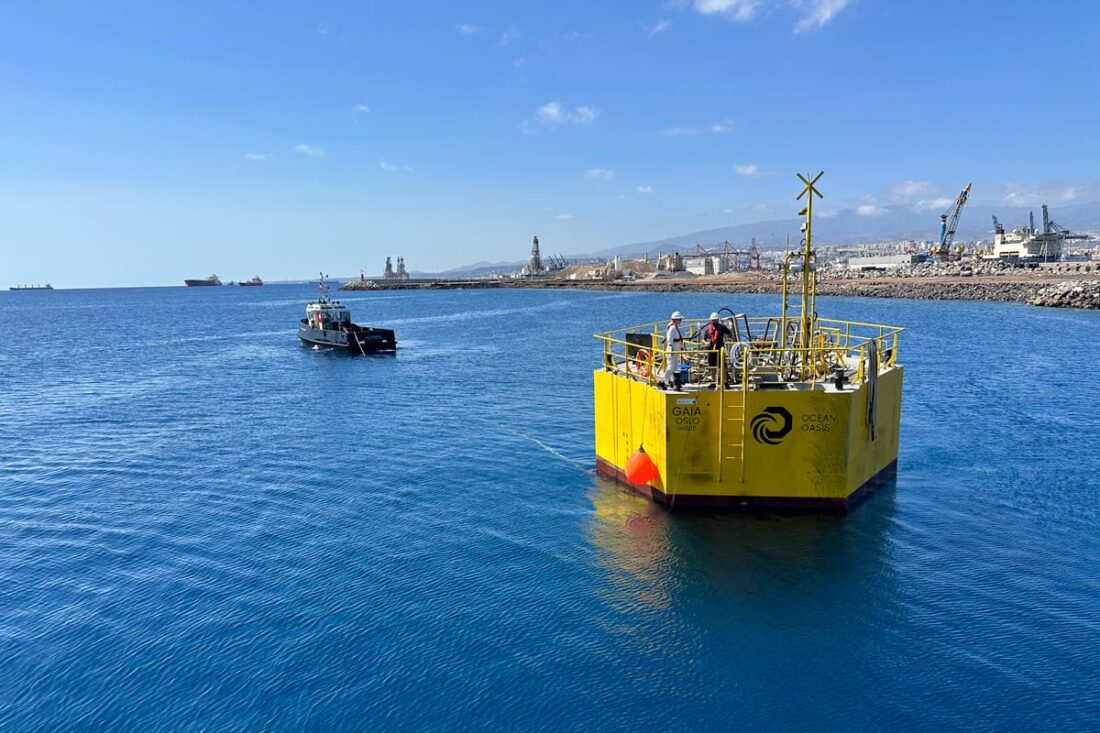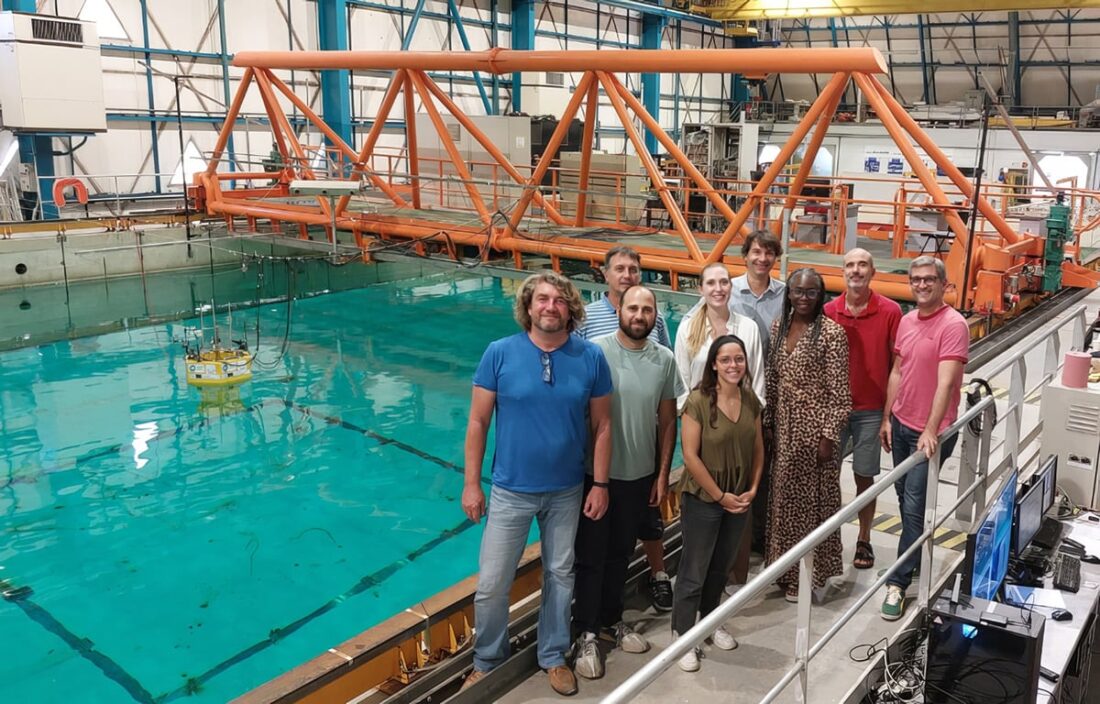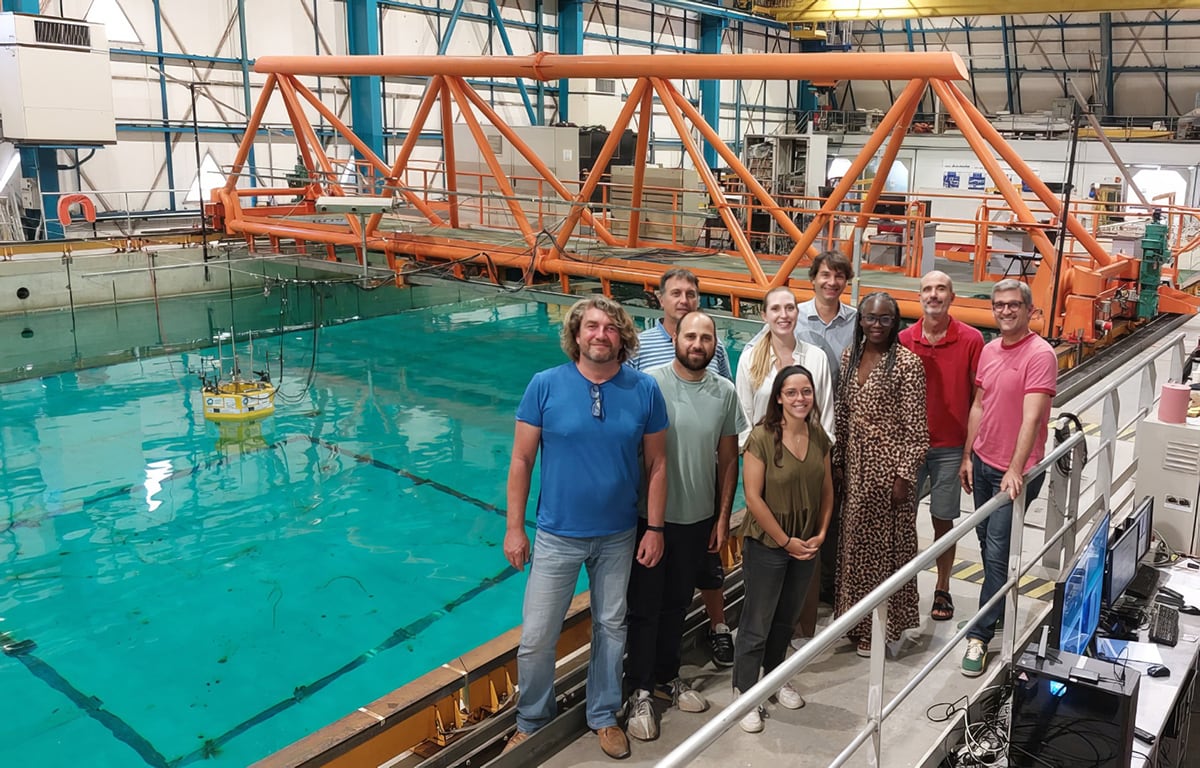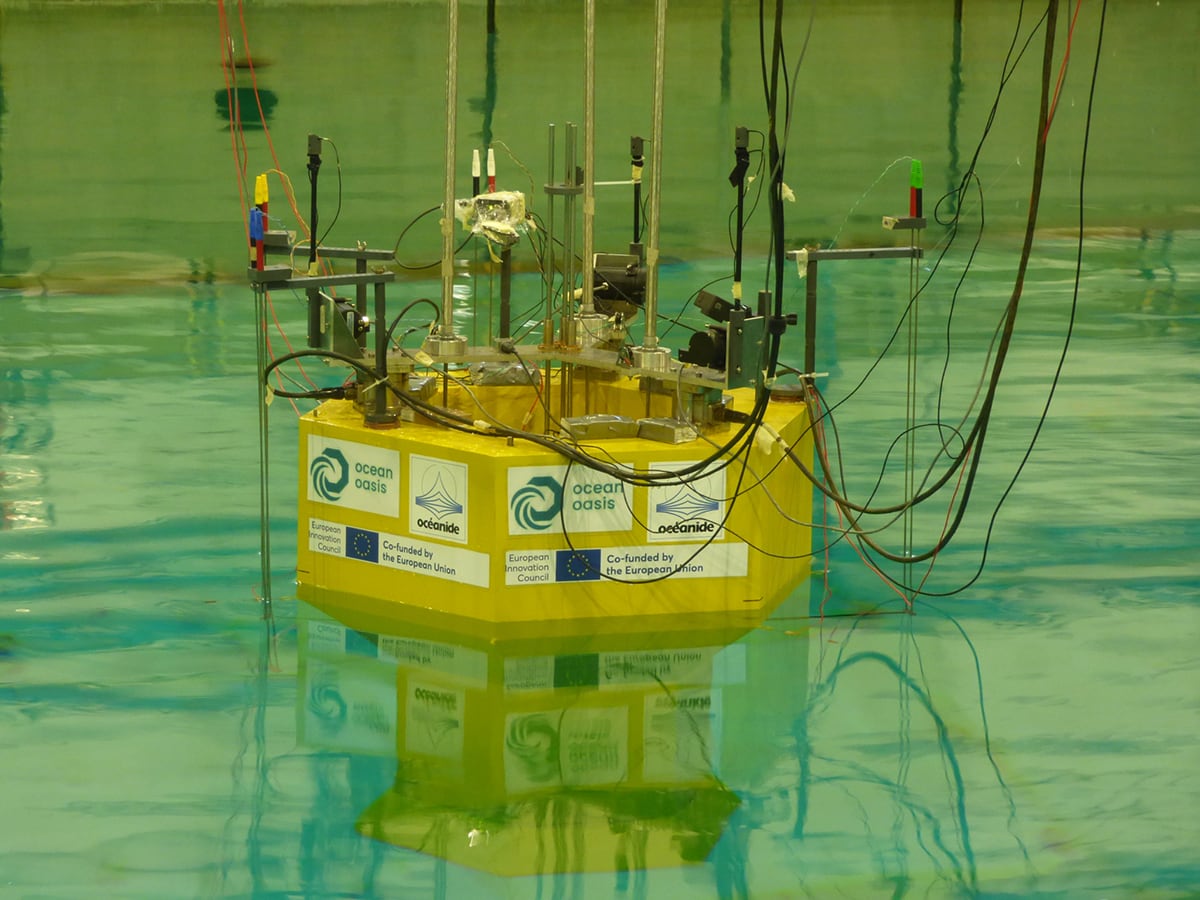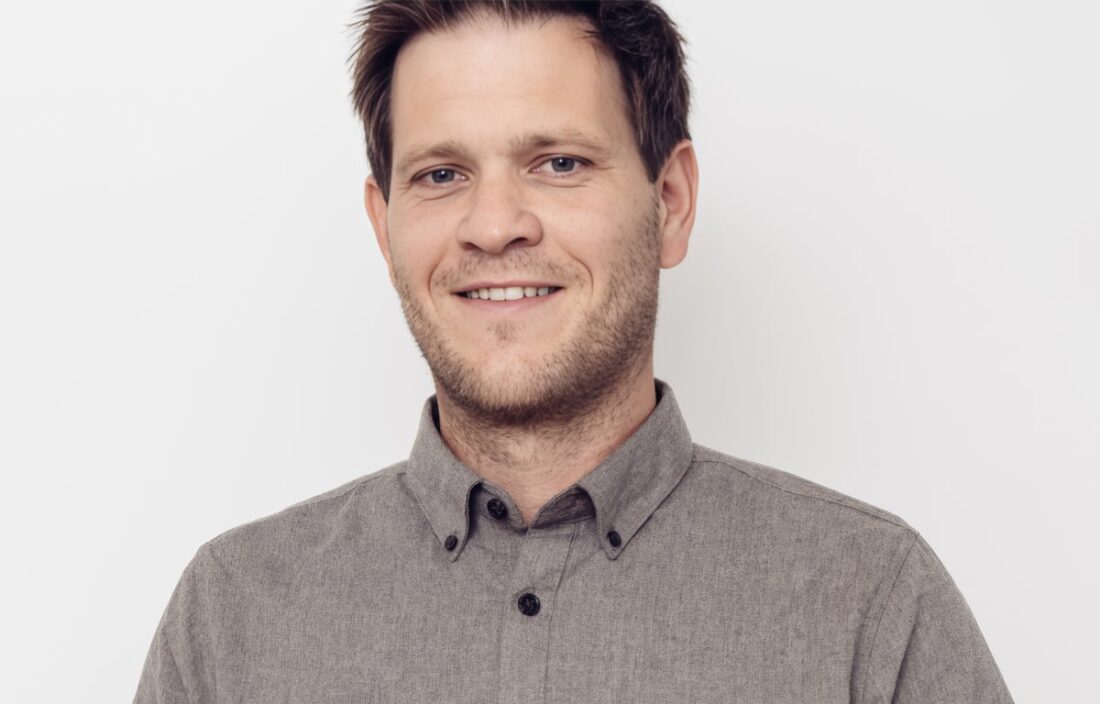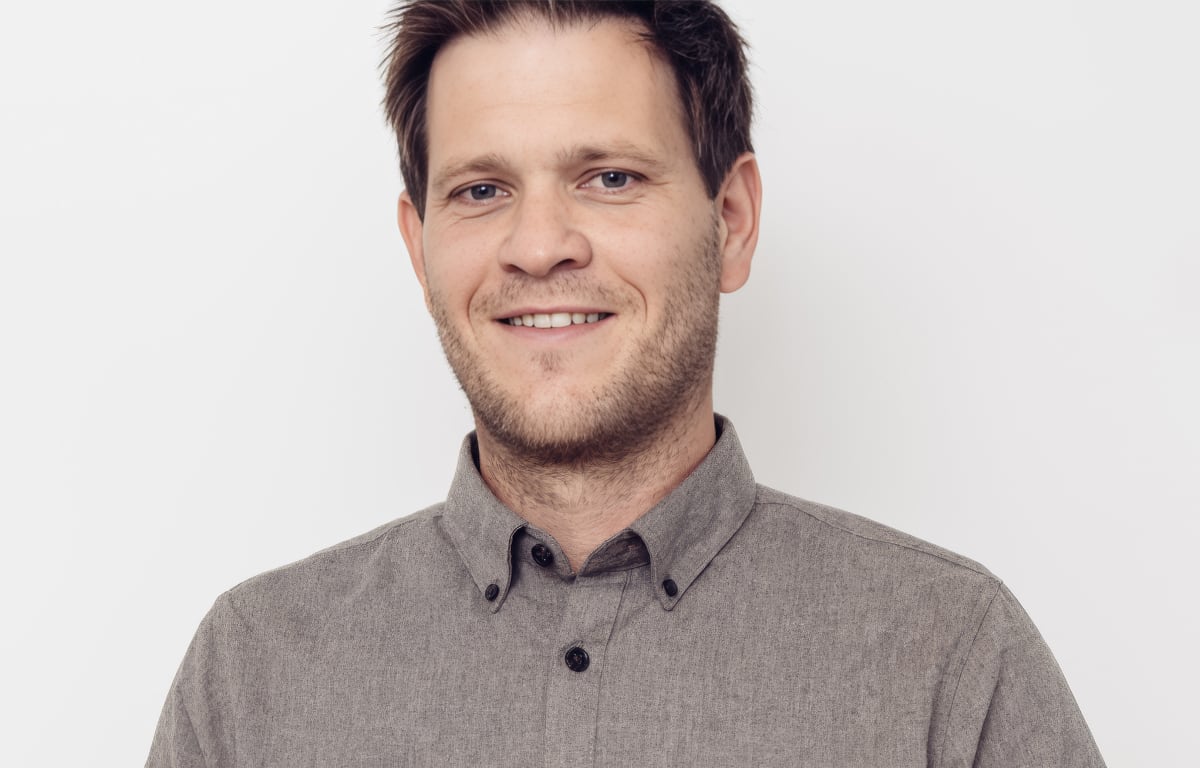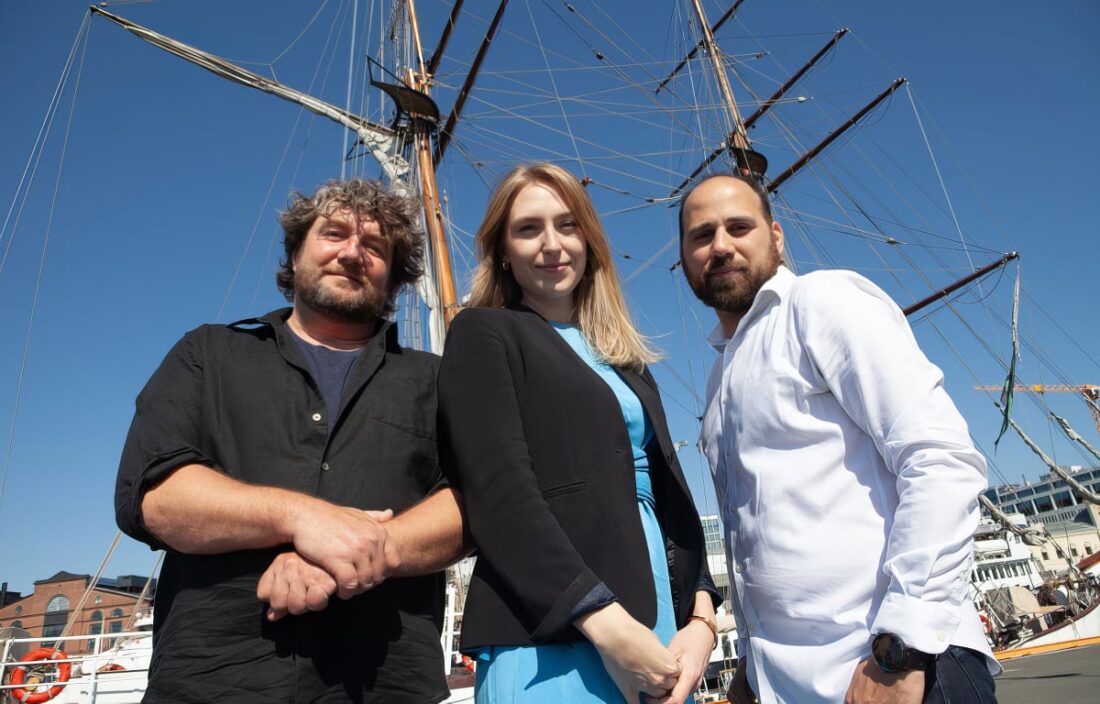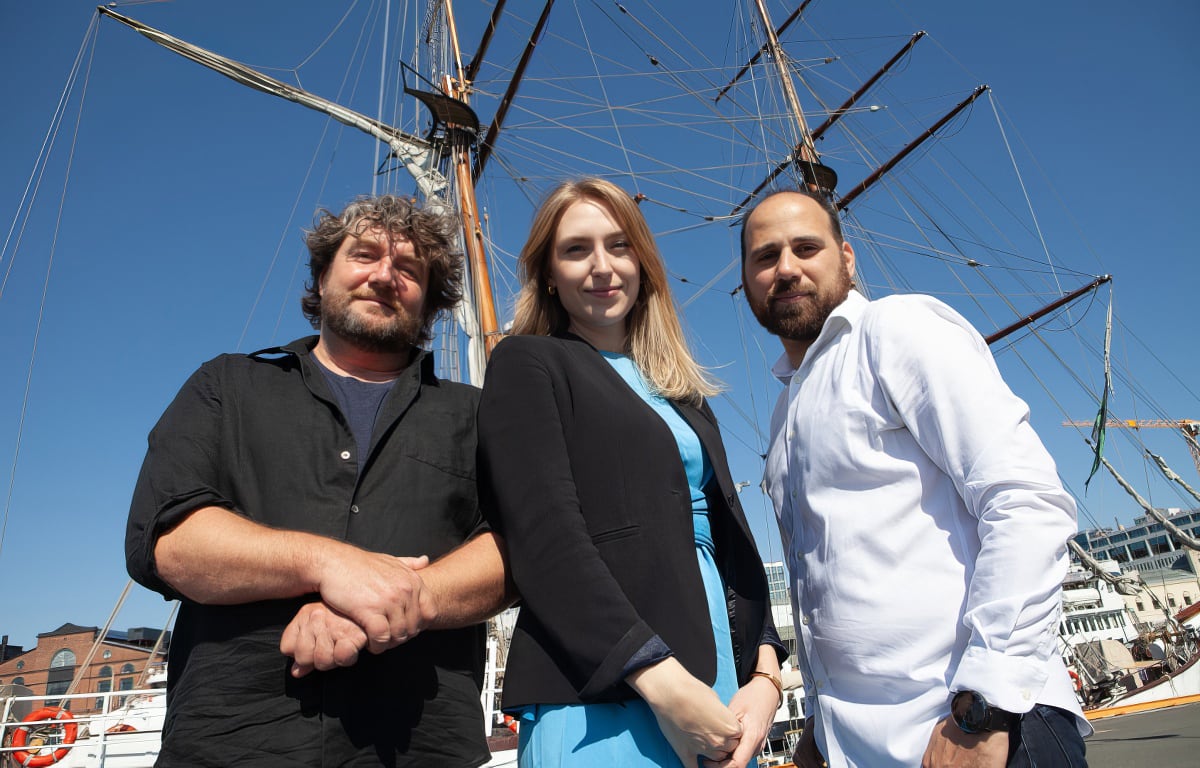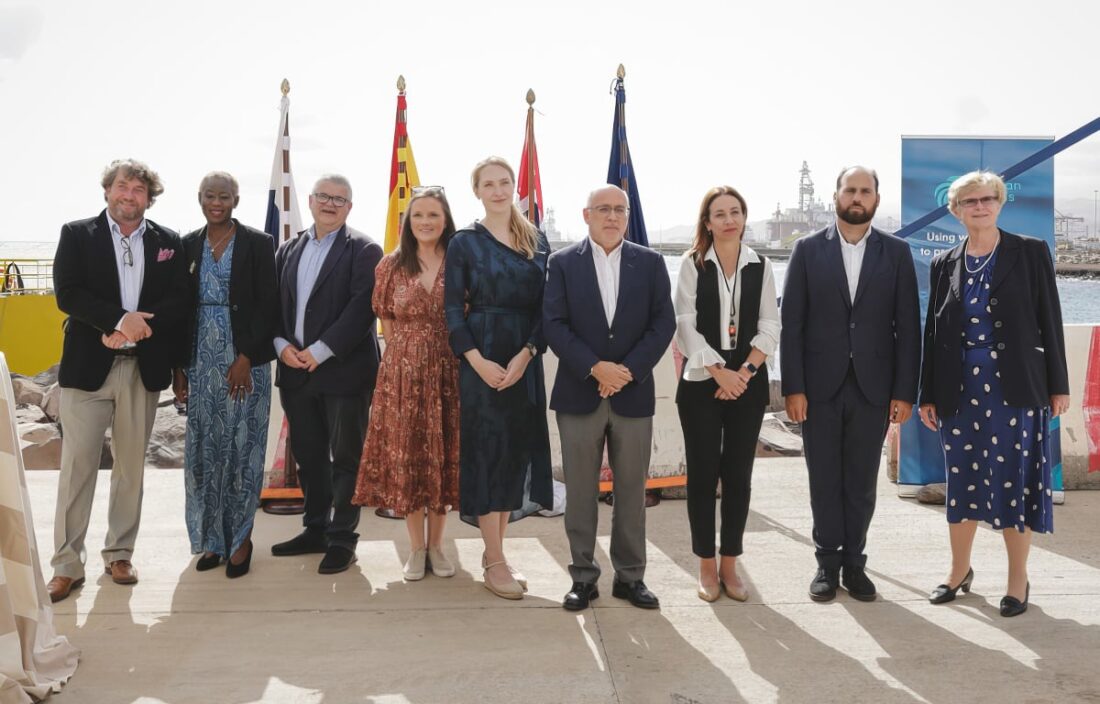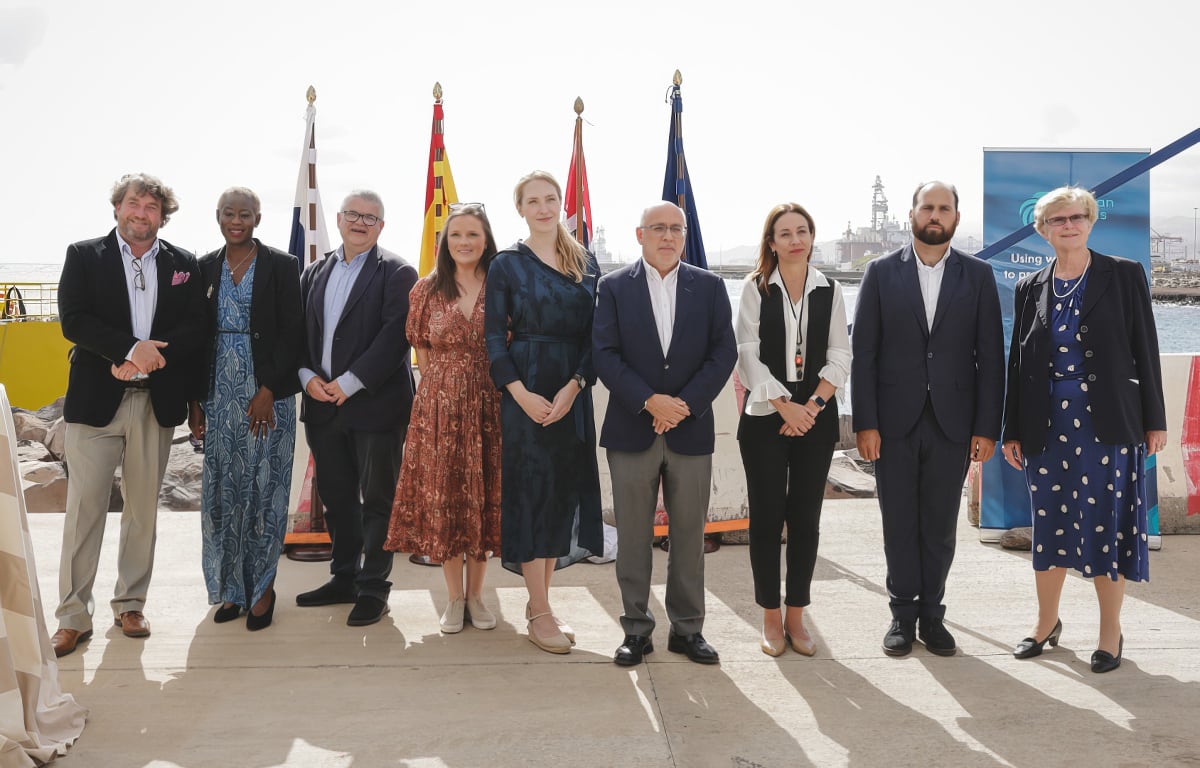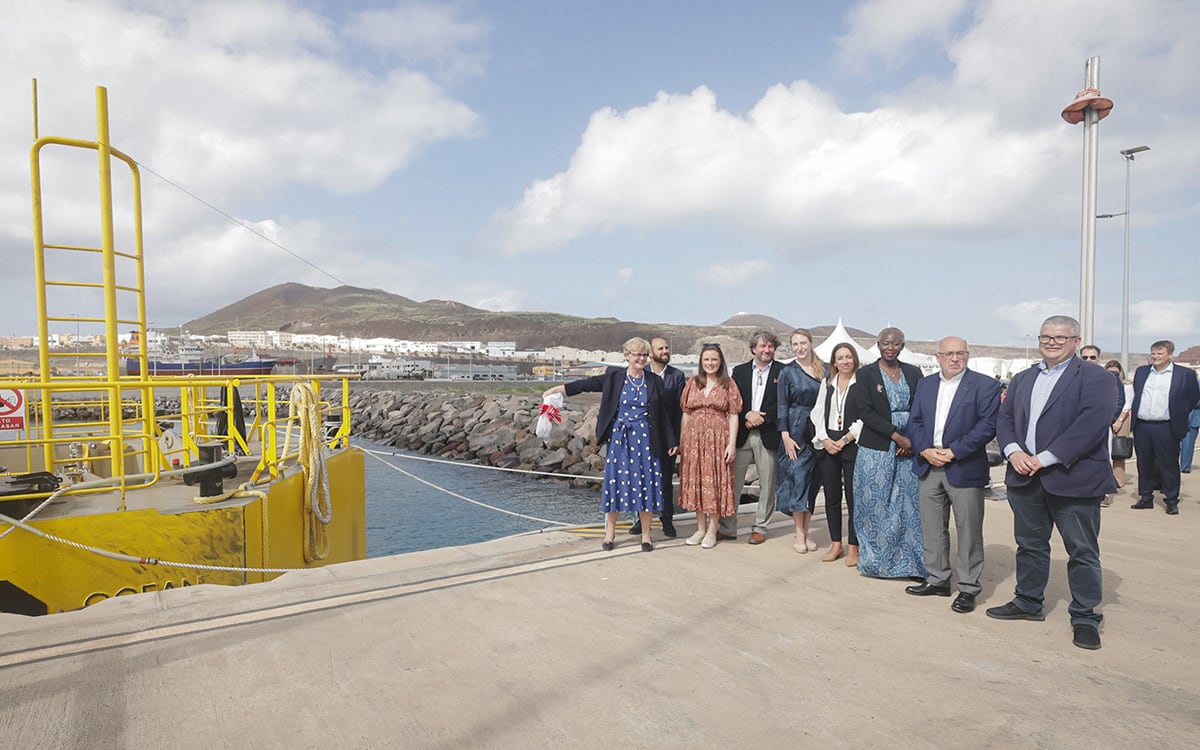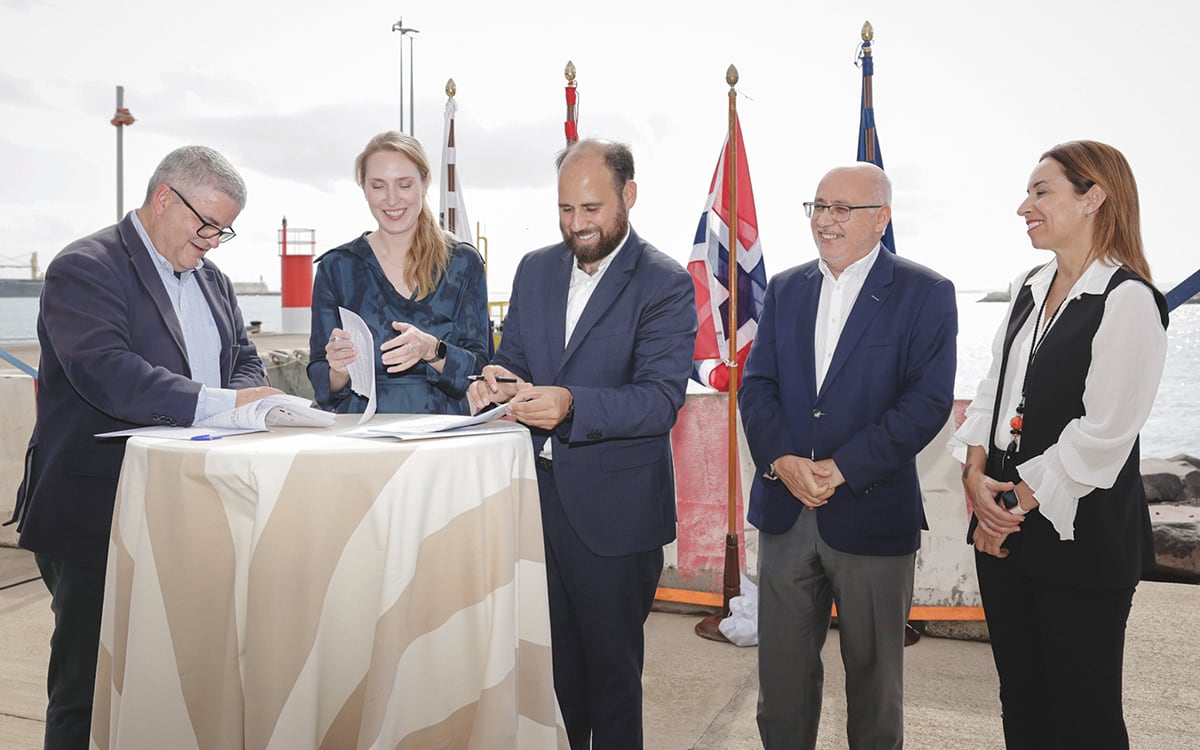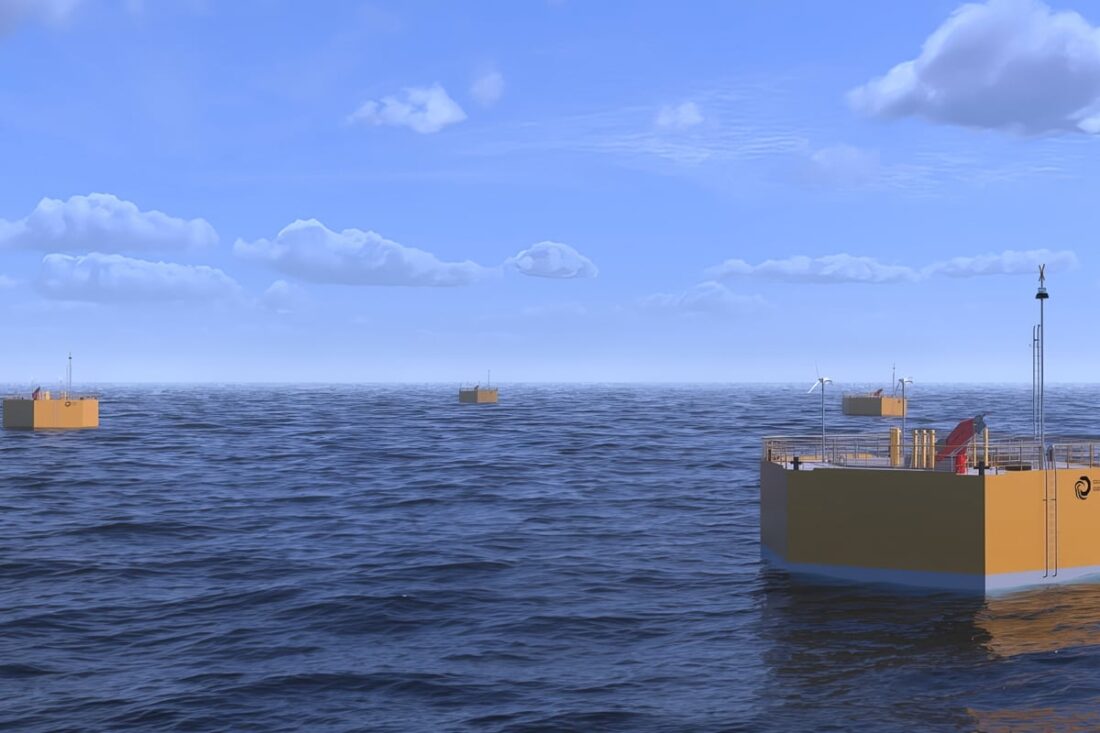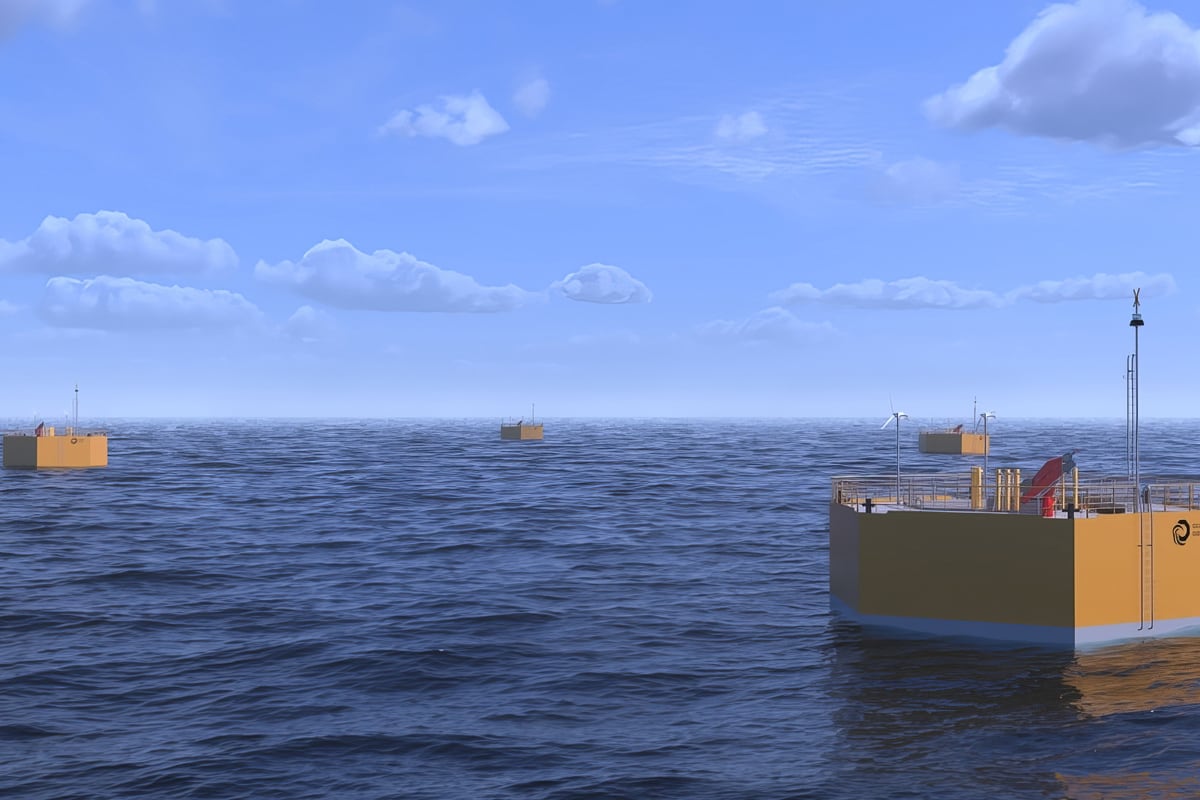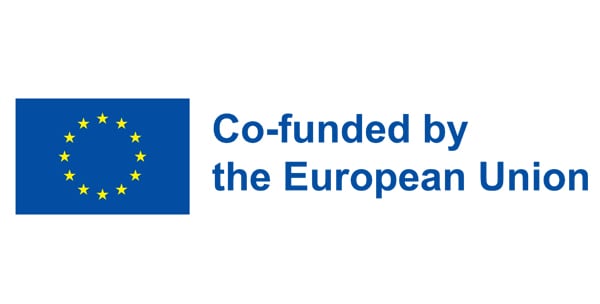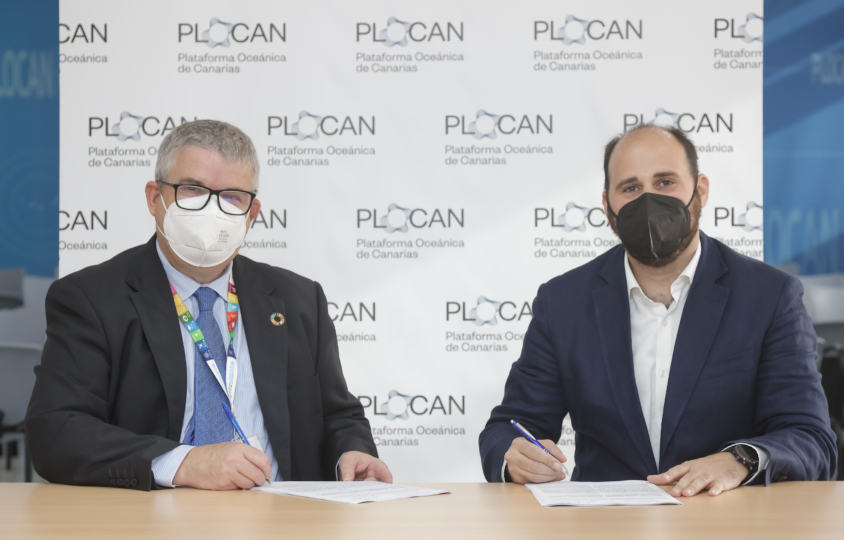Ocean Oasis project recognized as Strategic Project for the Canary Islands
Oslo, 15 October 2025
The President of the Canary Islands, Mr. Fernando Clavijo Batlle, has officially declared DesaLIFE, led by Ocean Oasis, as a Strategic Project for the Canary Islands, alongside 18 other initiatives. The recognition follows its classification by the Directorate-General for Organisational Coordination and Strategic Projects of the Government of the Canary Islands as “a highly innovative and sustainable project, with strong strategic relevance and proven technical feasibility.”
This milestone marks a new chapter for Ocean Oasis, confirming the company’s technology as a key enabler for the Canary Islands’ long-term sustainability goals. DesaLIFE directly contributes to the Government’s priority areas — sustainability, blue economy, energy, health and wellbeing, vocational training, and emerging industries — and aligns with the Canary Islands Agenda 2030 and the Smart Specialization Strategy (Extended RIS3).
A major step for Ocean Oasis and the future of water
DesaLIFE represents the transition of Ocean Oasis from validated innovation to industrial deployment. With an overall budget of approximately €10 million, co-funded by the EU LIFE Programme (through CINEA, under the Circular Economy and Quality of Life sub-programme), the project will deliver the first industrial-scale desalination buoy powered entirely by wave energy.
Led by Ocean Oasis, the consortium includes the Canary Islands Institute of Technology (ITC), Plataforma Oceánica de Canarias (PLOCAN), the University of Las Palmas de Gran Canaria (ULPGC), elittoral, and the Water Council of Gran Canaria (CIAGC) — bringing together regional excellence in ocean technology, environmental monitoring, and policy alignment.
From validation to industrial scale
Ocean Oasis has developed a breakthrough solution that produces freshwater offshore at a competitive cost, using only wave energy — no grid connection, no fossil fuels, and zero emissions. In each buoy, wave power is used to pressurize seawater and drive it through a standard reverse osmosis desalination system, delivering freshwater to shore via flexible pipelines that connect to existing island networks.
The company previously validated its technology under the EU EIC Accelerator ReWater project, documenting performance and reliability at full scale. Under DesaLIFE, Ocean Oasis will now move into production and deployment, enabling 2,000 m³/day of freshwater — equivalent to the daily consumption of around 15,000 people.
Industrial rollout in the Canary Islands
The first industrial-scale unit, Theia, will be built locally in the Canary Islands, consolidating Ocean Oasis’s commitment to regional industry and sustainable manufacturing. Theia will serve as the reference for future multi-unit deployments, positioning the Canary Islands as a global testbed for zero-emission desalination and Ocean Oasis as a first mover in offshore water infrastructure.
The designation Strategic Project for the Canary Islands provides preferential administrative processing, accelerated permitting, and access to dedicated advisory services — reinforcing the momentum for Ocean Oasis as it advances towards international expansion.
About Ocean Oasis
Ocean Oasis is a Norwegian company pioneering floating, wave-powered desalination systems that enable sustainable freshwater production offshore. Following successful validation through the EU EIC Accelerator, Ocean Oasis is now scaling its technology with support from the EU LIFE Programme and a growing network of institutional and industrial partners.
The company is currently assembling its next group of investors and strategic partners to accelerate commercial deployment in island and coastal markets worldwide.
Media contact:
sebastian@oceanoasis.co
www.oceanoasis.co
Link to the PDF version of the press release
All rights reserved © Ocean Oasis | Legal Notice | Privacy & Cookie Policy
